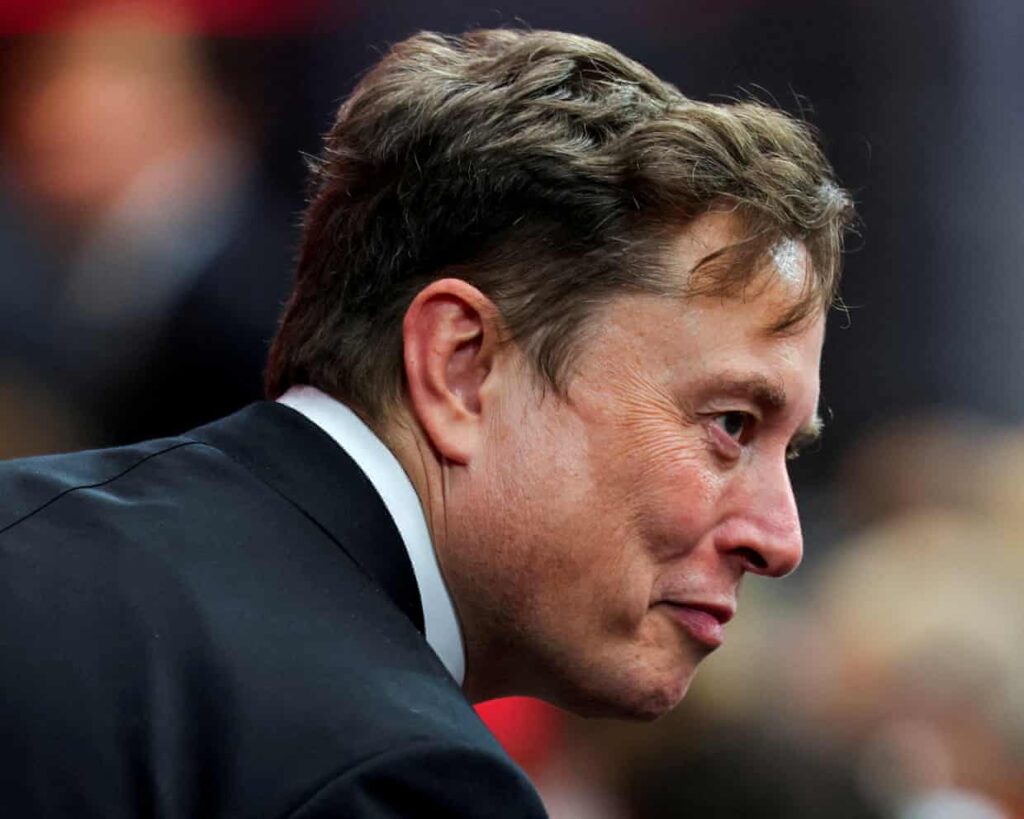
Tesla shareholders convened on November 6, 2023, to vote on a compensation plan for CEO Elon Musk valued at nearly $1 trillion. This ambitious pay package reflects shareholders’ belief in Musk’s capability to steer the electric vehicle manufacturer into an advanced era shaped by artificial intelligence and robotics.
If the shareholders approve the plan, it would not only affirm their confidence in Musk’s leadership but also set the stage for a potential milestone in personal wealth. Musk could become the world’s first trillionaire if he meets the considerable benchmarks outlined in the compensation proposal. These benchmarks include driving Tesla’s market capitalization to $8.5 trillion, which is eight times its current valuation.
The plan is structured into twelve tranches, outlining a clear path for Tesla to reach this extraordinary market cap. To unlock additional stock options, Musk must remain vested in the company for a minimum of 7.5 years and play a crucial role in developing a long-term succession strategy for the company he has led for over two decades. Should he successfully elevate Tesla to the targeted financial heights, Musk stands to gain an additional 12% of the company’s stock, enhancing his overall stake to 25%.
As of November 5, 2023, Tesla’s stock was trading near its 52-week high at approximately $450 per share. Over the next decade, Musk will be tasked with delivering 20 million electric vehicles to customers, selling 10 million active full self-driving subscriptions, developing 1 million humanoid robots, and deploying 1 million robotaxis into commercial operation. Additionally, Musk must achieve $400 billion in actual earnings for four consecutive quarters. For context, Tesla’s third-quarter earnings for 2023 were reported at $4.2 billion, a decline of 9% from the previous year.
Shareholders are also deliberating on a separate compensation plan following the invalidation of Musk’s previous $565 million pay package by a Delaware court. This legal challenge arose from a lawsuit filed by a single shareholder who succeeded in contesting the package. The Delaware Court of Chancery rejected Musk’s proposal twice, leading to significant scrutiny of his compensation structure.
Should the current plan receive approval, Musk is expected to benefit from the considerable payout regardless of the outcome of any appeals concerning the earlier case. After his first compensation package was annulled, Musk relocated Tesla’s corporate headquarters from Delaware to Texas, a move that coincided with the shifting of his other ventures, including SpaceX.
In 2024, under Texas law, shareholders initially approved the previous pay package, but Delaware’s court ruled against one of the largest CEO payouts in contemporary history. Following these rulings, Musk expressed his discontent with Delaware’s judicial system and its “activist chief judge” on social media, which has contributed to a trend of corporate relocations from the state.
Legal experts, including Eric Talley from Columbia Law School, highlighted concerns regarding Musk’s potential influence in securing his 2018 compensation plan, noting that other high-profile CEOs like Mark Zuckerberg and Jeff Bezos do not receive comparable incentive-based contracts.
As Tesla shareholders make their decision, the outcome could significantly impact the company’s future trajectory and Musk’s standing as a leading figure in the electric vehicle industry.






